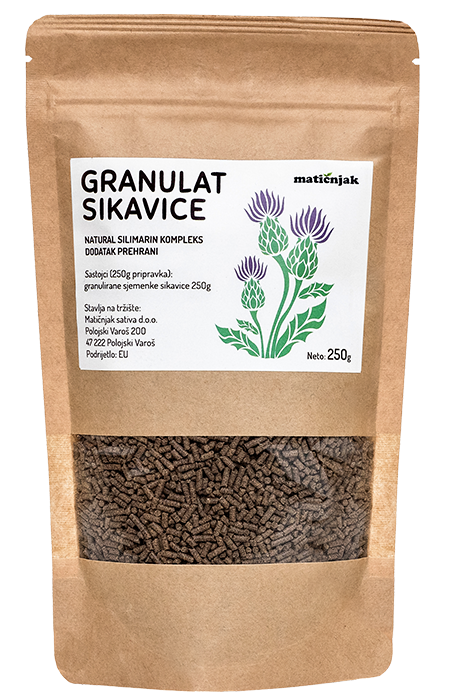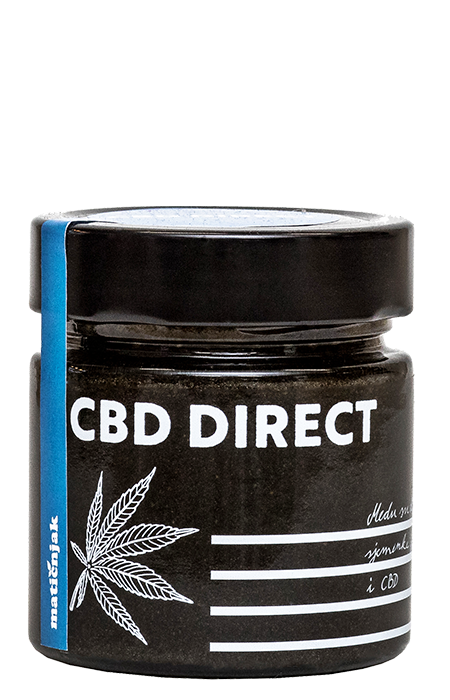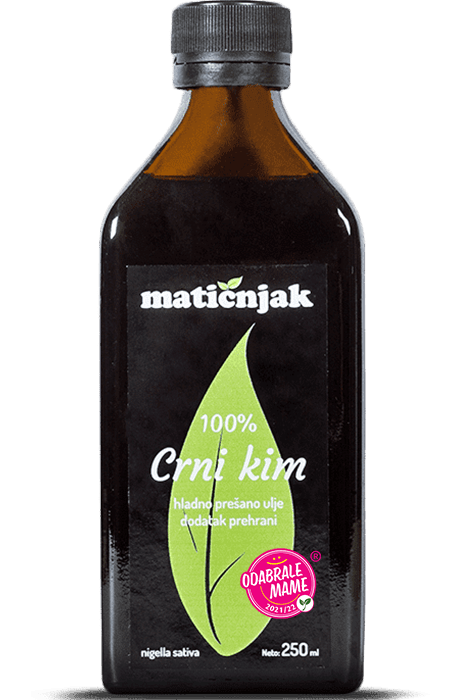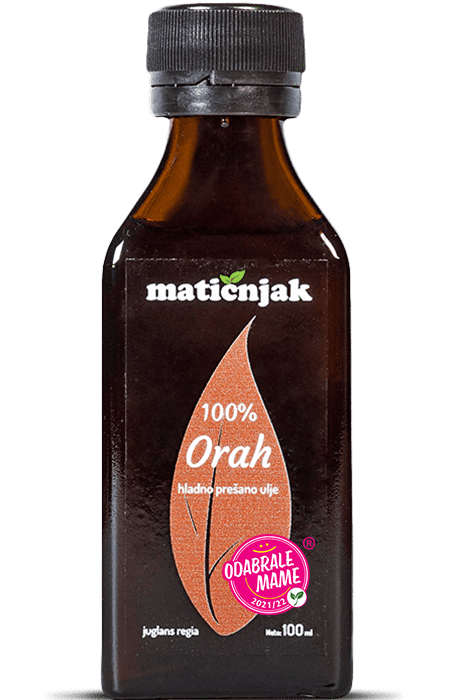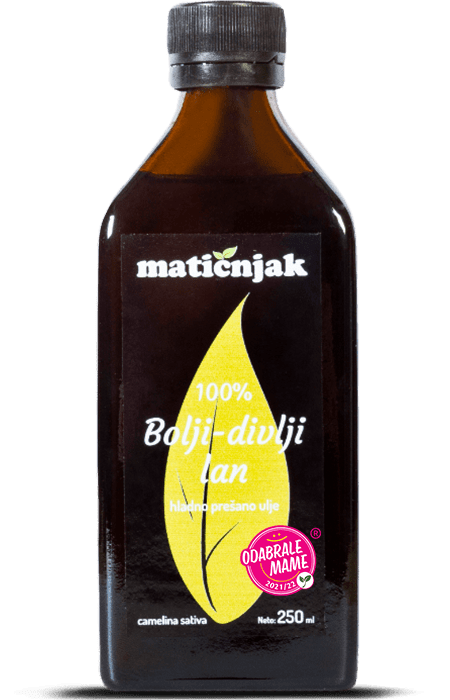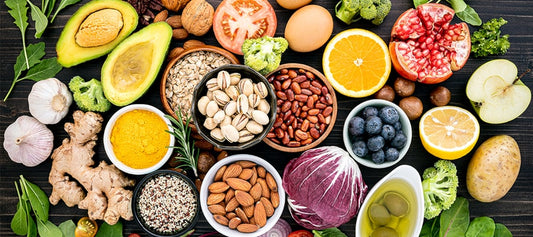Discover the best herbs for mental health, includinghearing CBD, black cumin, walnut and omega acids. Find out how these natural remedies can support your mental health and reduce stress.
Introduction
Mental health keyis an aspect of general well-being that affects how we think, feel and act. With rising stress levels and the fast-paced nature of modern life, finding natural ways to support mental health is more important than ever. In this comprehensive guide, we will explore the mental health and care benefits of herbs and nutrients such as CBD, black cumin, walnut and omega acids. These herbs are very promising because they reduce anxiety and support the overall function of the brain.
Understanding mental health
Mental health encompassesemotional, psychological and social well-being. It affects how we deal with stress, treat others and make decisions. Good mental health is essential for a fulfilling life.
Andness
Odrmaintaining good mental health is crucial to overall well-being. It helps individuals cope with the normal stresses of life, work productively and contribute to their community.
Kill ittea problems with mental health
Kill itmental health problems include anxiety, depression, stress and cognitive decline. These conditions can significantly affect daily life and overall health.
The role of plants in mental health
Plants are silentthey use to support mental health. They offer natural ways to reduce stress, improve mood and improve cognitive function.

Review
Herbs for mental health work betterby tapping into neurotransmitters, reducing inflammation and providing essential nutrients for brain health. They offer a holistic approach to mental well-being.
Advantages
The primary mental health benefits of herbs include:they hear stress reduction, mood improvement, improved cognitive function and better sleep quality. They are a valuable part of a comprehensive mental health plan.
Selection criteria
When choosing herbs for mental health, we consider their traditional uses, scientific evidence, and individual health needs. Quality and source soDer su kljutechnical factors to ensure efficiency and safety.
CBD for mental health

Cannabidiol (CBD) is a compound found in the flowering plant of the edible hemp whose seeds have historically been used as a resource of an extraordinary oil rich in omega acids, to protein that is easily digestible.
CBD interacts with the body's endocannabinoid system, which regulates various physiological processes, including mood, stress response, and sleep. (1)
CBD is known for its calming effects, making it effective in reducing anxiety and stress. (1) It also has neuroprotective properties that can help with cognitive function and overall brain health. (1)
Full-spectrum CBD contains all the natural compounds found in the edible hemp flower plant, including cannabinoids, terpenes and flavonoids. When these compounds work together, they create a synergistic effect known as a “push effect” that enhances the therapeutic benefits of CBD. This means that the presence of other cannabinoids and terpenes enhances the positive effects on the body compared to the use of CBD isolate. (1)
CBD is available in different forms, including pastes, oils, capsules or in honey. A typical dose ranges from 10 to 50 mg per day, depending on individual needs and the concentration of the product.
Black cumin and mental health

Black cumin (Nigella sativa), also known as black seed, has been used for its medicinal properties for thousands of years, especially in Middle Eastern and South Asian cultures.
2) Active compounds
Black cumin seeds contain thymoquinone, a powerful antioxidant and anti-inflammatory compound that supports overall health and well-being. (2)
3) Health benefits
Black cumin helps reduce symptoms of anxiety and depression by balancing neurotransmitters and reducing oxidative stress. It also supports cognitive function and mental clarity. (2)
4) Use and dosage
Black cumin can be consumed as oil or as a food supplement. A typical dose is 1-3 teaspoons of oil per day. Consult a phytotherapist for peonalized recommendations.
Brain health prayers

1) Nutritional profile
Walnuts are rich in omega-3 fatty acids, antioxidants, vitamins and minerals that are essential for brain health. They provide a range of nutrients that support cognitive function and mental well-being. (3)
2) Benefits for mental health
Omega-3 fatty acids in walnuts help reduce inflammation and support neurotransmitter function, which can improve mood and cognitive performance. (3) Walnuts also contain antioxidants that protect the brain from oxidative damage. (3,6)
3) Use and dosage
Include a handful of walnuts in your daily diet or one to two teaspoons of cold-pressed walnut oil. They can be eaten as a snack or added to salads and oatmeal. Cold-pressed oil can be added to smoothies, shakes, yogurt, porridge or taken on its own on a spoon before a meal.
A combination of herbs and nutrients
Synergistic effects
A combination of different herbs and nutrients can increase their effectiveness. For example, using CBD and omega-3 fatty acids together can provide comprehensive mental health support.
Scientific studies and evidence
Recent research
Recent studies have highlighted the benefits of herbs and nutrients for mental health. (5) Research on CBD, black cumin, walnuts, and omega-3 fatty acids shows their potential in supporting mental well-being.
Clinical trials
Clinical trials provide valuable insights into the efficacy and safety of these herbs and nutrients. For example, studies on CBD have shown its ability to reduce anxiety and improve sleep quality. (1)
Possible side effects and precautions
Common side effects
Although generally safe, herbs and nutrients can cause side effects in some people. Although rare, side effects include indigestion or mild allergic reactions.
Contraindications
Certain herbs and nutrients may not be suitable for everyone, especially those with certain health conditions or pregnant and breastfeeding women. Consult a healthcare professional or phytotherapist.
Safe use
To ensure safe use, follow recommended dosages and guidelines. Start with small amounts and gradually increase according to tolerance.
Introducing medicinal plants into everyday life

Simple recipes
Incorporate herbs and nutrients like omega acids from walnut oil into your diet with simple recipes like smoothies, shakes and salads, or full-spectrum CBD blended into honey. This makes it easier to enjoy their benefits every day.
Daily rituals
Establishing daily rituals, such as a smoothie in the morning or CBD honey in the evening, can help maintain consistent intake and improve overall well-being.
Long-term habits
Long-term use of herbs and nutrients can provide lasting health benefits. Make them a regular part of your health routine for best results.
Frequently asked questions about herbs for mental health
1. How do herbs help mental health?
Medicinal herbs provide anti-inflammatory, antioxidant and neurotransmitter-regulating properties that improve mental well-being and reduce stress. (5)
2. Can I use medicinal plants with conventional medicines?
It is important to consult a health care professional or herbalist because some herbs can interact with medications.
3. What are the best herbs for mental health?
CBD, black cumin, walnuts and omega acids are among the best natural elixirs known for their benefits in supporting mental health.
4. Are there side effects of using medicinal herbs?
Although generally safe, some individuals may experience side effects such as indigestion or mild allergic reactions. Always start with small doses.
5. Can children use herbs for mental health?
Certain herbs like black cumin or walnuts may be safe for children. It is a good idea to consult a health care professional or phytotherapist for appropriate recommendations.
Ivo Bačlija, herbalist
Reference:
- CBD: hannon, S., Lewis, N., Lee, H., & Hughes, S. (2019). Cannabidiol in anxiety and sleep: A large case series. The Permanente Journal, 23.
- Crni kim: Kaatabi, H., Bamosa, A. O., Lebda, F. M., Elq, A. M., & Al-Sultan, A. (2015). Nigella sativa improves glycemic control and ameliorates oxidative stress in patients with type 2 diabetes mellitus: A randomized, double-blind, placebo-controlled clinical trial. Journal of Ethnopharmacology, 190, 372-386.
- Orah: Arab, L., Ang, A., & Gardner, C. D. (2009). Phytochemical composition of nuts. Asia Pacific Journal of Clinical Nutrition, 18(1), 18-20.
- Omega kiseline: Larrieu, T., & Layé, S. (2018). Food for mood: Relevance of nutritional omega-3 fatty acids for depression and anxiety. Frontiers in Physiology, 9, 1047.
- Opći pregled biljaka za mentalno zdravlje (CBD+ crni kim): Sarris, J., Panossian, A., Schweitzer, I., Stough, C., & Scholey, A. (2011). Herbal medicine for depression, anxiety, and insomnia: A review of psychopharmacology and clinical evidence. European Neuropsychopharmacology, 21(12), 841-860.
- The impact of diet on mental health: Jacka, F. N., & Berk, M. (2013). The role of nutrition in mental health. Australasian Psychiatry, 21(3), 310-313.
